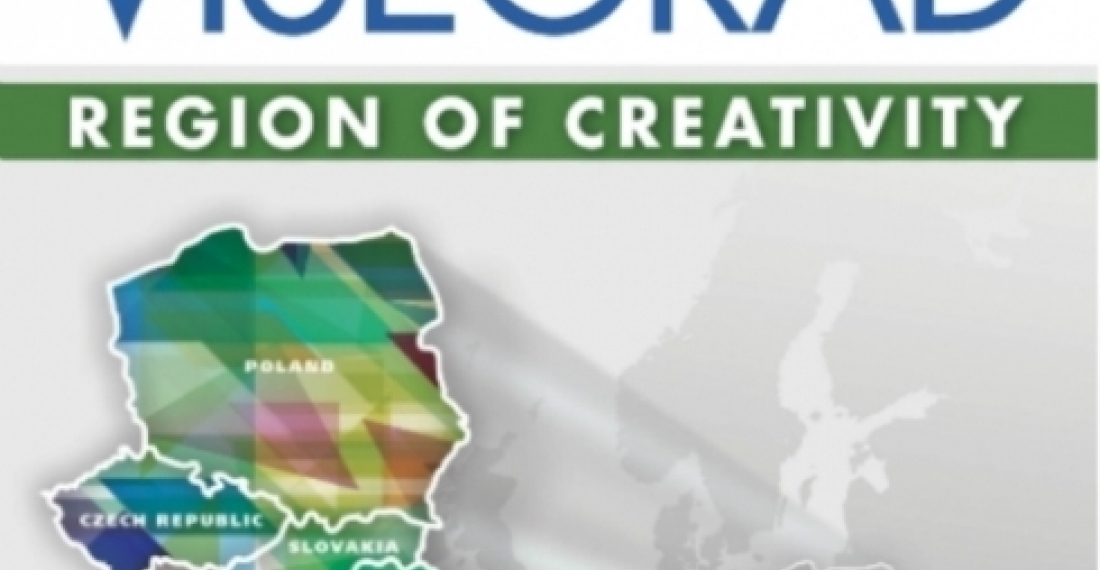Commissioner for Enlargement and European Neighbourhood Policy Štefan Füle, speaking in Budapest after the end of the 5th Annual Visegrad Group (V4) meeting of the ministers of foreign affairs on Eastern Partnership countries, said that the main principle of the Eastern Partnership is engagement on the basis of common values - the respect for human rights and freedoms, democracy, the rule of law and free and sovereign choices of the countries to decide their orientation and direction.
Fule added,
"Yet, we are facing the most serious crisis in Europe since the end of World War II. We are witnessing economic coercion, threats and a covert action to instigate protests and instability. This is the time to show an even stronger, more determined and resolute commitment to the Eastern Partnership.
And we are showing such commitment: As of yesterday Moldovan citizens can travel to the EU without visas. In the coming weeks and months we will complete the signature procedure of the Association Agreement/DCFTA with Ukraine and sign similar agreements with Georgia and Moldova.
Just today the Commission adopted a special support package worth €365 million for Ukraine to respond to the urgent need of stabilising the country. And 60 million for Georgia and Moldova to help them with the implementation of the Association Agreements.
Signature and the consequent implementation of the Association Agreements including DCFTAs will seal the irreversibility of political association and economic integration. We are looking to make real progress on our joint ambition with Armenia and Azerbaijan and continue to work with Belarus.
Our Eastern European partners have had their rocky past, they deserve a different future. And we are ready to help them shaping it."
Fule's comments come as a debate is starting to emerge on whether or not the Eastern Partnership should be maintained in its present format. Three countries, Ukraine, Moldova and Georgia are now forging ahead with close relations with the EU including through the signing of an Association Agreement and the participation in a Deep and Comprehensive Free Trade Area. Both Azerbaijan and Armenia, for different reasons, have opted not to sign similar agreements with the EU, although both claim that they want close relations with it. Relations between the EU and Belarus remain problematic. Some observers say that it is no longer sustainable to keep the six countries lumped up in one framework, even a flexible one as the Eastern Partnership claims to be. Others however say that it is too early to create a distinction between the two sets of countries and that the Association Agreements and the DCFTA process needs to be given time to take effect and produce tangible results.
The Visegrad countries are Poland, Hungary, the Czech Republic and Slovakia.
source: commonspace.eu







